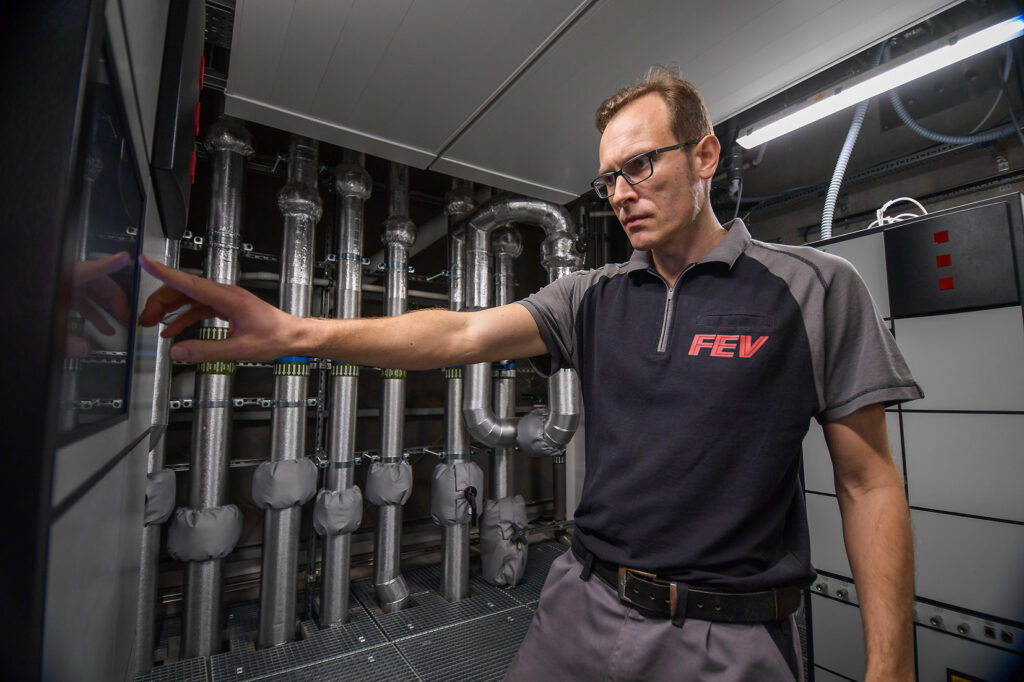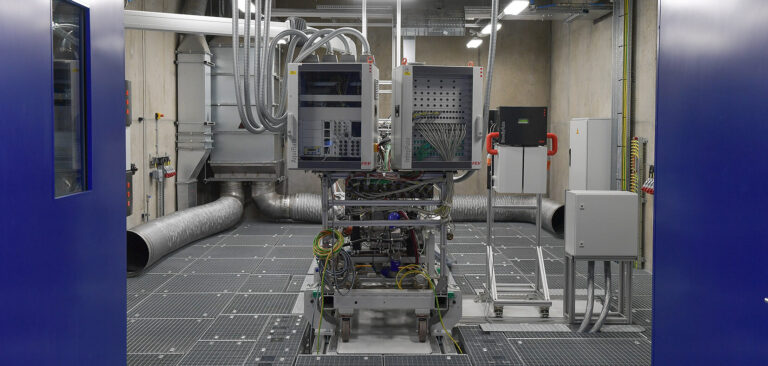Coventry University’s Center for Advance Low Carbon Propulsion Systems (C-ALPS) has been selected to play a key role in a €7m (US$8.4m) project to develop hydrogen-powered mass passenger coaches.
C-ALPS has so far invested £2m (US$2.8m) into the development of its hydrogen fuel cell facility in Coventry, UK. The company will be responsible for the advanced thermal management system that seeks to increase fuel efficiency through means such as using waste heat from the hydrogen fuel cell to power air conditioning in cabins.
“We are delighted to be part of CoacHyfied and to be able to broaden the international knowledge of hydrogen propulsion,” explained Oliver Curnick, associate professor in electrochemical power sources at C-ALPS. “It is anticipated that the findings of the project will be of benefit to coach manufacturers as well as future transport operators, who will need to find innovative solutions to support clean mass transport in the future.”
Led by global engineering consultant and founding C-ALPS partner FEV, CoacHyfied will present solutions for challenges in the medium-range regional and long-distance public and commercial transportation sectors. The group will do this by developing and operating six fuel cell coaches in two regions in Latvia and France, over a two/three-year demo phase.
The consortium will investigate two different types of coaches, the first, an OEM-based new-built fuel cell coach; and the second, the retrofitting of existing coaches to provide outdated coach chassis with a second life.
“There are currently around 13,000 diesel-fueled coaches operating in the UK, each generating as much as 1,000g/km of carbon dioxide (CO2),” said Curnick. “We will seek to address the widely-accepted gap in research activity into hydrogen-fueled coaches both domestically and in Europe. There is also the additional aim of giving a second-life to diesel vehicles that would otherwise have been scrapped in the move to zero emissions, by converting older coaches from diesel to hydrogen.”



